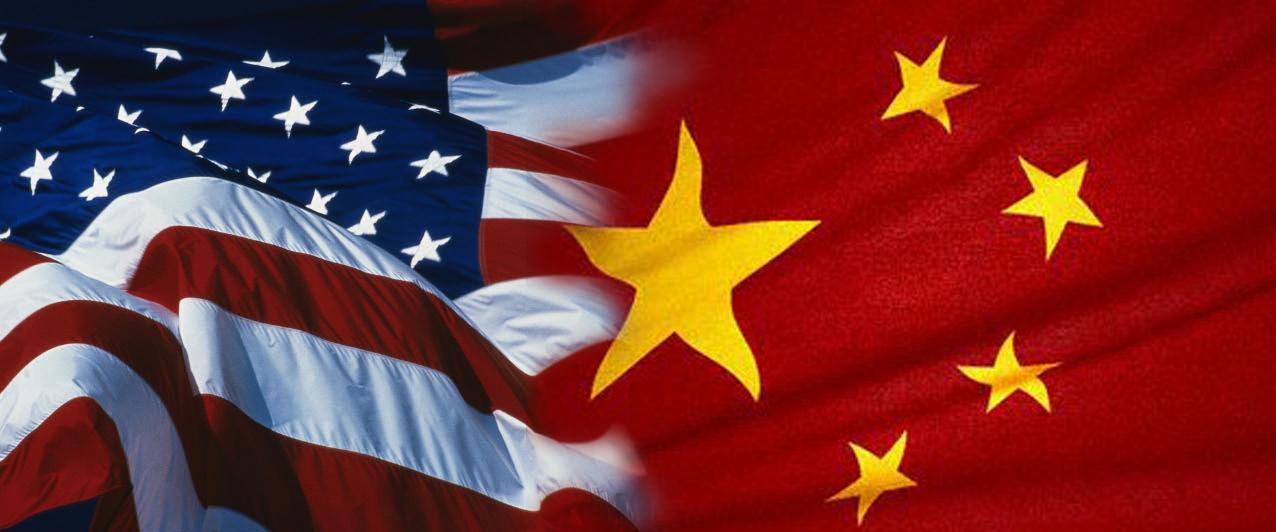By: Sean Palter
Ligang Chen, Consul General (Ambassadorial Rank) of the People’s Republic of China in Toronto, spoke to members of The NATO Council of Canada on February 16 about Sino-Canadian relations in the 21st Century.
Chen, a lifelong diplomat, holding positions with the Ministry of Foreign Affairs of China since 1976, has served in an impressive number of countries such as Lesotho, Oman, Ireland, the United States and Antigua and Barbuda.
Chen opened his remarks with a few comments about what the People’s Republic of China is seeking.
Politically, he explained, China is seeking peaceful processes, mutual non-intervention and mutual cooperation with nations of the world. Economically, they seek mutual benefit with trading partners and culturally they are seeking exchanges that can bring together countries from different backgrounds.
As far as regional security is concerned, Chen was adamant that the PRC has the same interests as the world.
“We share the goal with Canada of making the Korean peninsula a peaceful and nuclear free zone.”
Chen described the important role that China played in the background of the Korean peninsula issues, explaining how they served as a diplomatic go between and helped with the Six-Party talks, which brought together the Democratic People’s Republic of Korea (North Korea), the Republic of Korea (South Korea), the United States, the Russian Federation, the State of Japan, and the People’s Republic of China.
He also explained how China was helping their regional neighbour, Afghanistan, through economic aid and infrastructure projects aimed at rebuilding the war-torn country.
The Consul General was quick to point out the close relationship with Canada, illustrating this point by saying, “it was Canada, under the leadership of Trudeau, that recognized China and signed the diplomatic agreement in 1970, which was 16 months before Nixon visited China.”
Born in 1951, Chen can still remember being a child during the Great Chinese Famine, which occurred roughly from 1958-1961, and how difficult things were in his country. At perhaps one of their greatest times in need, it was Canada, as Chen points out, under then minister of agriculture Alvin Hamilton, who came to the aid of China, sending $320 million worth of wheat to the starving country.
The relationship between our countries is also important from a trade perspective. In the past, China has purchased 2 CANDU (nuclear) reactors for billions of dollars.
China currently stands as Canada’s second largest trading partner, right behind the United States, and that is only expected to increase.
“Trade between China and Canada will double in the next 5 years to around $60 billion,” said Chen.
During the discussion, the Consul General informed us that China now has a population of 1.4 billion people. With this in mind, it is clear that the market in China is available.
Chen explained that the earlier businesses get involved with China, the better it is economically for them. They begin to understand and build the trust with consumers there by doing so. He highlights the past experiences of many companies, most of which were the first to take a chance and invest in China. Now, years later and with the trust built up after those years of business, they are succeeding to a degree that many could not have predicted.
China is now the second largest economy in the world, recently surpassing Japan. It took 10 years in terms of GDP to pass 5 other nations.
“China is still a developing country with a GDP per capita that is still 1/10 of Canada’s,” said Chen, adding that they still have a long way to go, but that the confidence is there.
“For Sino-Canadian relations, I keep my fingers crossed.”
Disclaimer: Any views or opinions expressed in this article are solely those of the author and do not necessarily represent those of the NATO Council of Canada.



